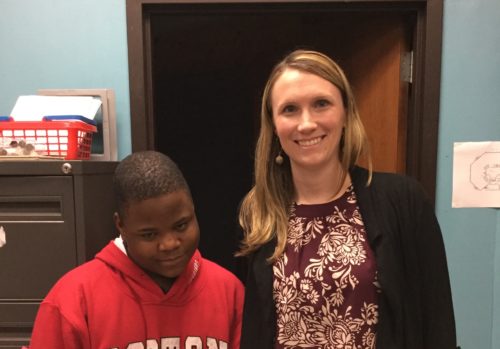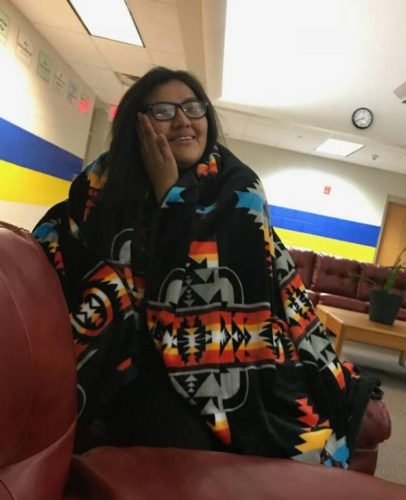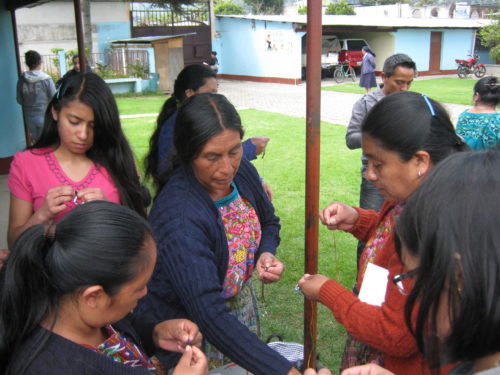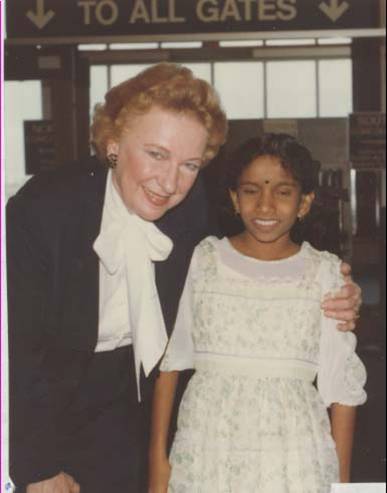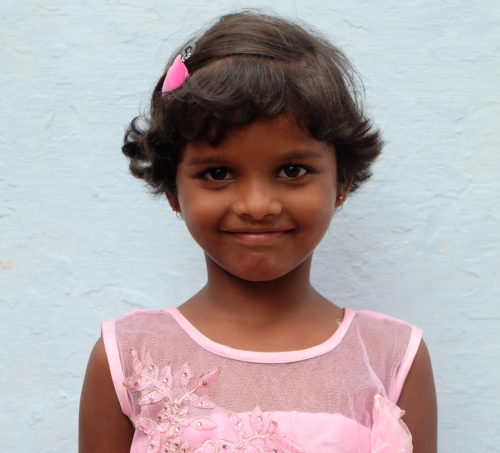As an incredibly diverse continent, it is difficult to sum up Africa as a whole. Each of the 54 countries that Africa comprises is unique and distinctive in its own way, offering beautiful landscapes, rich histories, and varied cultures and customs. Spanning over 5,000 miles north to south and 4,800 miles east to west, Africa contains a wide array of religions and ethnic groups. Within each country, stark contrasts exist between rural areas and bustling cities. Known for its amazing natural wonders and safari adventures, which attract tourists from all over the world, Africa also faces a great deal of adversity, as many people there are plagued by extreme poverty, famine, and war.
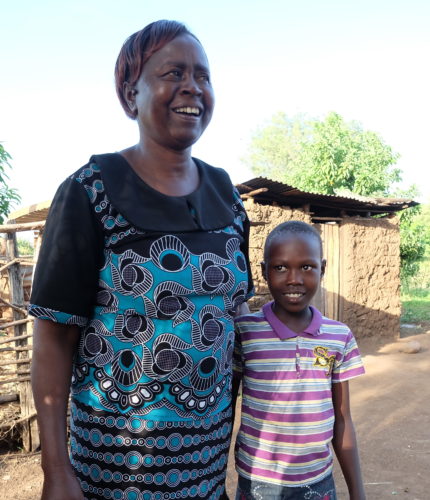
Our work in Africa helps thousands of children in need every year.
Facts about Africa
– African has the second-largest population in the world with about 1.2 billion people inhabiting the continent
– Over 1,000 languages are spoken by the people of Africa
– The most-practiced religion in Africa is Islam, followed by Christianity
– The oldest human remains ever discovered, thought to be approximately 200,000 years old, were found in Ethiopia
– The longest river in the world, the Nile (4,132 miles long), is located in Africa
– The world’s largest desert, the Sahara, which is almost the size of the United States, is in Africa
– Victoria Falls is the largest waterfall in Africa, at 355 feet high and one mile wide
– Mount Kilimanjaro is the highest mountain in Africa, at over 19,300 feet
– Madagascar is the largest island in Africa, and it is the fourth-largest island in the world
– Africa is the second-largest continent on earth after Asia, at approximately 11.7 million square miles
– Africa is the hottest continent on earth
In Africa, we provide children and their families with mosquito nets to protect them against mosquito-borne illnesses like malaria and dengue through our Mosquito Net Fund, and we support feeding programs through our International Feeding Programs Fund.
Understanding poverty in Africa
To understand our work in Africa, it is important to comprehend the struggles that the families of our sponsored and unsponsored children are facing on a daily basis as a result of poverty. Although Africa’s economy is improving, the continent is the poorest in the world, and many children and adults there are afflicted by hunger, disease, and a lack of basic necessities.
Facts about poverty in Africa
– 75% of the world’s poorest countries are located in Africa, including Zimbabwe, Liberia, and Ethiopia
– Diseases like HIV/AIDS are leaving kids orphaned at a very young age; an estimated 50 million orphans live in Africa
– Of all of the people in the world without access to clean water, almost 40% of them live in Africa
– Every day, almost 2,000 children die from diseases linked to unsafe water and a lack of basic sanitation
Facts about hunger in Africa
– Half of the continent’s population is children; an ever-increasing number is experiencing stunted growth due to the challenges of malnutrition
– More than 300 million children are chronically hungry, and more than 90% of those children suffer from long-term malnourishment and nutrient deficiency
– The average plot of land that a family living in poverty owns is too small for a garden that could help feed a family
Facts about child education in Africa
– Primary school enrollment in African countries is among the lowest in the world
– 33 million primary school-aged children in Sub-Saharan Africa do not go to school; 18 million of those children are girls
– Although literacy rates in Africa have greatly improved over the last few decades, approximately 40% of Africans over the age of 15, and 50% of women above the age of 25, are illiterate
– Children from the poorest households are 3 times more likely to be out of school than children from the richest households
Facts about child health in Africa
– Malaria kills 3,000 African children per day
– More than 90% of the estimated 300–500 million clinical cases of malaria that occur across the globe every year are documented in Africa – primarily in children under the age of 5
– Measles, malaria, and diarrhea are 3 of the biggest killers of children — yet all are preventable or treatable
– 270 million children have no access to healthcare
– 1 in 5 children in Africa lacks safe drinking water
How you can help
You can help a child living in poverty in Africa to receive basic needs and an education so that they may have the opportunity to break the cycle of poverty – and you can do so in a few different ways. One way is through our child sponsorship program. Sponsorship provides an underprivileged child with basic and education-related necessities such as food, clothing, healthcare, school supplies, and school tuition payments. This vital support allows impoverished, vulnerable children to develop to their full potential – physically, emotionally, and socially. Sponsors positively impact the lives of the children they sponsor through the simple knowledge that someone cares about their well-being. This gives children in need hope, which is powerful.
Sponsors positively impact the lives of the children they sponsor through the simple knowledge that someone cares about their well-being.
Our policy has always been to consider the needs of each sponsored and unsponsored child on an individual basis. We work closely with our volunteer coordinators at our project sites, who are familiar with each individual circumstance and the needs of every child in their care. Sponsorship donations are sent to our projects at the beginning of each month in the form of subsidy stipends. Our on-site volunteer coordinators use these funds to purchase basic and education-related items for children in our program, to ensure that they have what they need to do their very best and succeed in school.
You can also help children in need by donating to one of our special funds. In Africa, we provide children and their families with mosquito nets to protect them against mosquito-borne illnesses like malaria and dengue through our Mosquito Net Fund, and we support feeding programs through our International Feeding Programs Fund. Our special funds offer options for sponsors who wish to further their support, as well as for donors who wish to make a difference without making a commitment.
***
HOW DO I SPONSOR A CHILD IN AFRICA?
You can sponsor a child in Africa at one of our affiliated projects in one of three ways: call our office at 1-800-538-5381 and speak with one of our staff members; email us at sponsorship@children-inc.org; or go online to our donation portal, create an account, and search for a child in Kenya or Ethiopia who is available for sponsorship.
References:
http://www.interesting-africa-facts.com
http://www.aho.afro.who.int
http://www.worldbank.org/en/region/afr/publication/poverty-rising-africa-poverty-report
https://www.children.org/global-poverty/global-poverty-facts/Africa
http://www.globalissues.org/article/26/poverty-facts-and-stats
http://www.unhcr.org/pages/4a02d7fd6.html
https://thewaterproject.org/water-scarcity/water_stats#stats
https://www.gfmag.com/global-data/economic-data/the-poorest-countries-in-the-world
https://borgenproject.org/10-quick-facts-about-poverty-in-africa/
http://www.afro.who.int/health-topics/child-health
http://www.allcountries.org/health/facts_about_health_in_the_african_region_of_who.html

